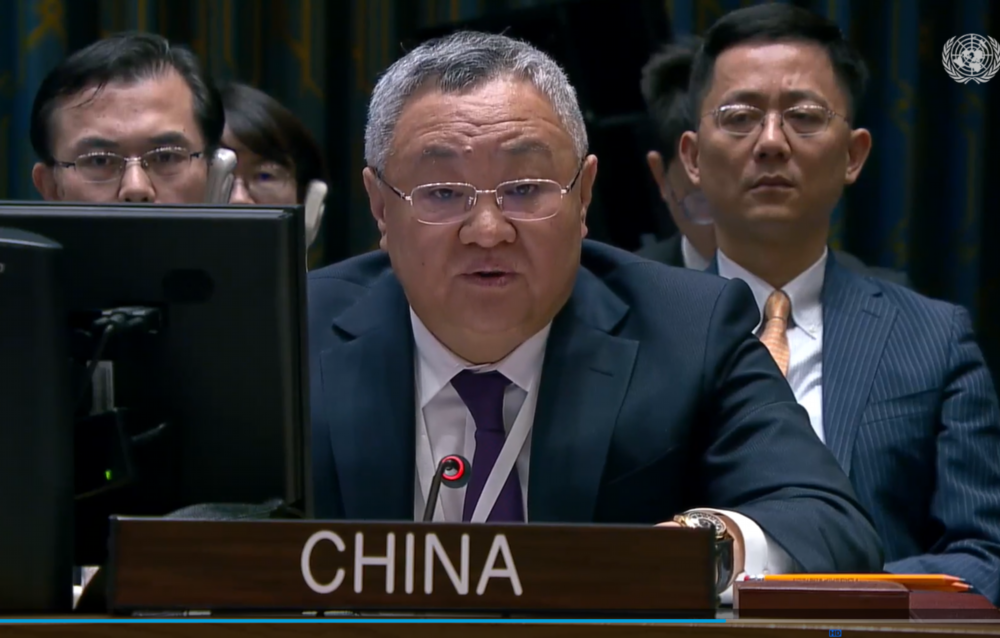
Fu Cong, China's permanent representative to the UN, speaks at a Security Council meeting on AI at the UN headquarters in New York on Thursday. (Photo provided to chinadaily.com.cn)
China's ambassador to the United Nations on Thursday emphasized that artificial Intelligence (AI) technology is not a cake for a small group of people, nor should its global governance be determined by just a small number of countries.
Fu Cong, China's permanent representative to the UN, told a Security Council briefing on AI that China "firmly opposes discriminatory barriers based on ideological differences".
He said such measures undermine the right of all countries, developing countries in particular, to use emerging technologies on an equal footing. And "China firmly opposes the practice of imposing on others the rules formulated by a small number of countries or creating small circles targeting certain countries," he reiterated.
"Only by learning from each other, implementing joint governance for good and for all, seeking the greatest common denominator, and expanding cooperation, can we embark on the right path", he said.
AI divide between the North and the South is widening, he said. "It is important to uphold cooperation, enhance the representation and voice of developing countries, and implement the Global Digital Compact, so that AI technology could benefit the developing countries," Fu said. The Global Digital Compact is a framework proposed at the UN to ensure a responsible digital technology use and benefit of all.
It is imperative to abide by the purposes and principles of the UN Charter, observe the basic norms governing international relations, and ensure that AI technology will not become a tool for waging wars and pursuing hegemony, he stressed.
Relevant laws, rules, and regulations must be in place, he said, adding that education and training targeting practitioners must be strengthened. "Prevention on both the human front and the technological front must go hand in hand to prevent systematic risks brought by hacker attacks or data fraud, among others, and reduce the proliferation risk of AI's military use," he said.
China has recently introduced a series of laws, regulations, and initiatives within its domestic framework and the UN framework to address AI governance.
In 2017, China issued the development plan for the new generation of AI, indicating the need to address the double-edged attributes of AI, according to Fu. In 2021 China released the code of ethics for the new generation of AI, integrating ethics into the entire life cycle of AI. In 2023 the Chinese government issued the world's first ever legislative document on generative AI, Fu said.
China proposed Global AI Governance Initiative last year, illustrating its position on AI. In June, UNGA adopted the resolution, proposed by China and co-sponsored by over 140 countries, on strengthening international cooperation in the capacity building of AI. Then China proposed the action plan on AI capacity building for good and for all, and promoted the establishment of the Group of Friends for international cooperation on AI capacity building at the UN.
U.S. Secretary of State Antony Blinken chaired the meeting, as the Security Council presidency rotates monthly among its 15 members in alphabetical order, with the U.S. holding the position this month.
He said the U.S. agreed to make the benefits of AI more accessible, in part by closing the digital divide that still exists around the world. That's something the U.S. highlighted in a resolution drafted by China and adopted by the UN in June, he said.
UN Secretary-General Antonio Guterres told the meeting that rapid developments in AI are outpacing humanity's ability to govern it, raising important questions about accountability, equality, safety and human oversight in decision-making.
"The fate of humanity must never be left to the 'black box' of an algorithm," he said. He emphasized the importance of human control over decisions involving the use of force.
"No country should design, develop, deploy or use military applications of AI in armed conflict that violate international humanitarian and human rights laws. That includes relying on AI to select or engage targets autonomously," he said.








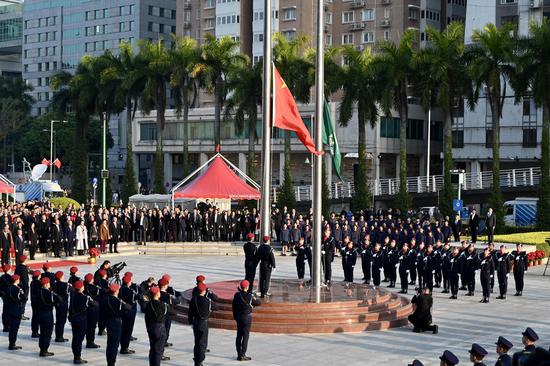
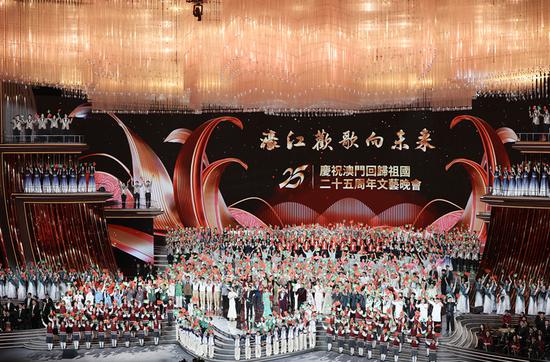



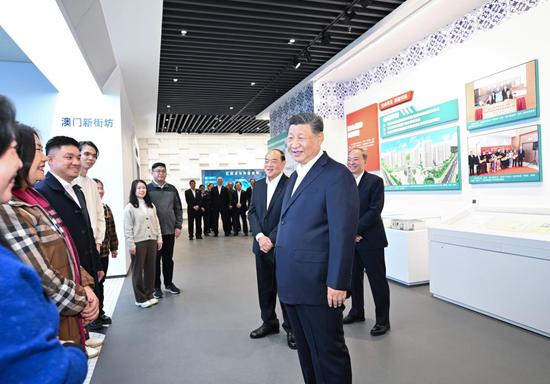



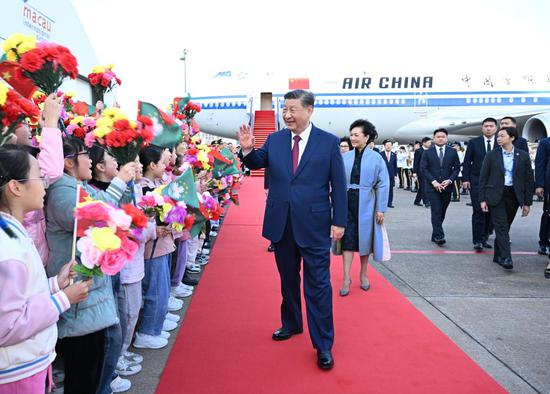







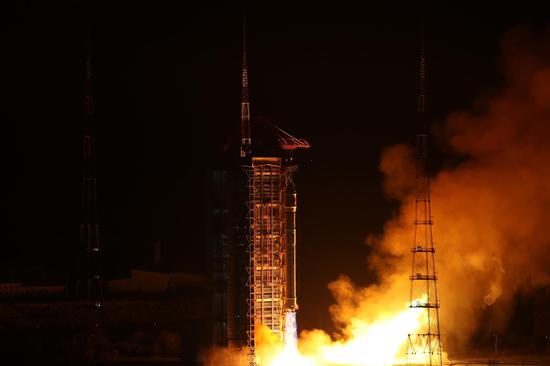




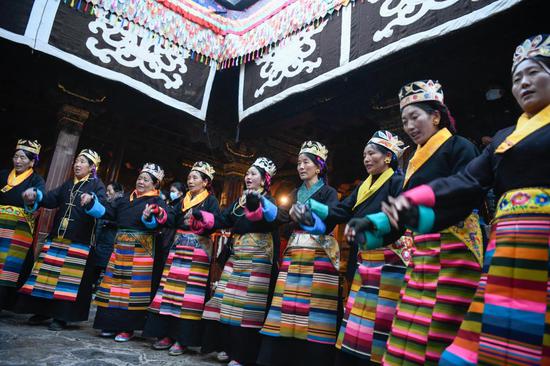


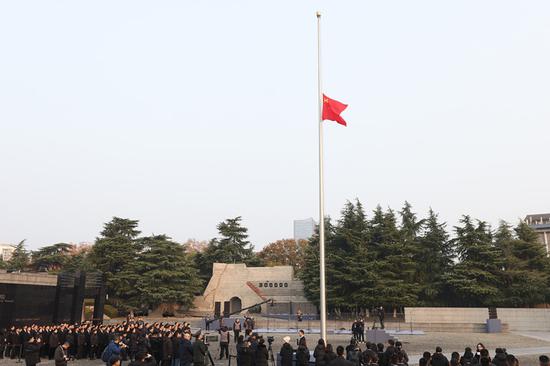






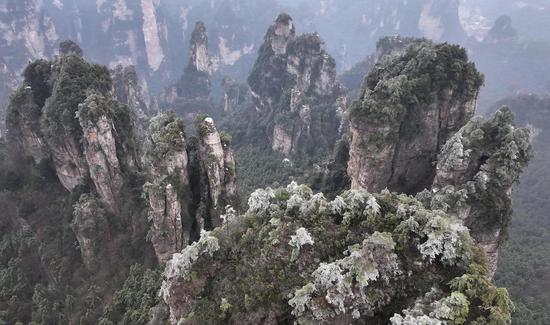







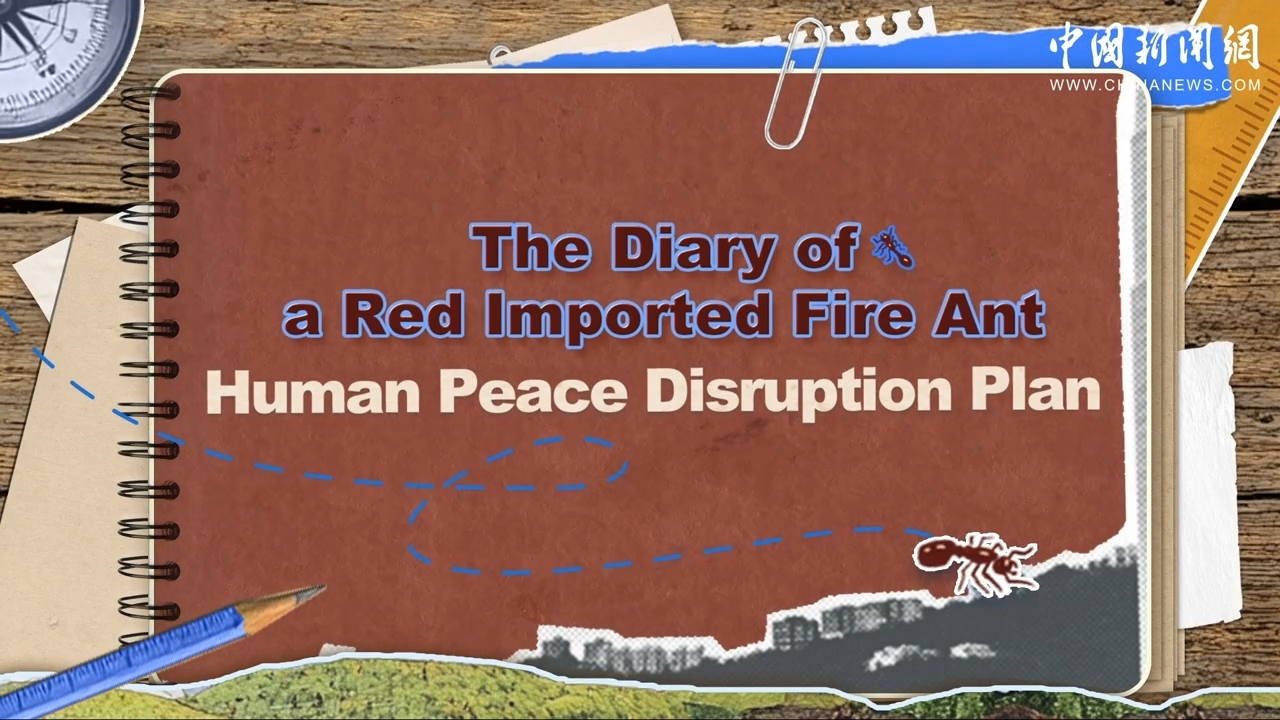

 京公網安備 11010202009201號
京公網安備 11010202009201號